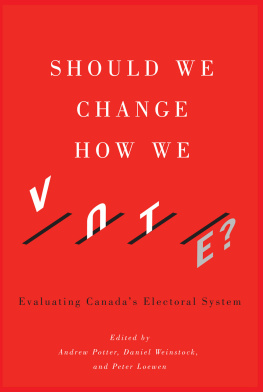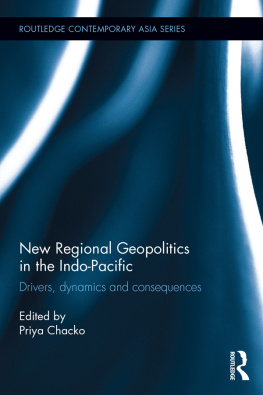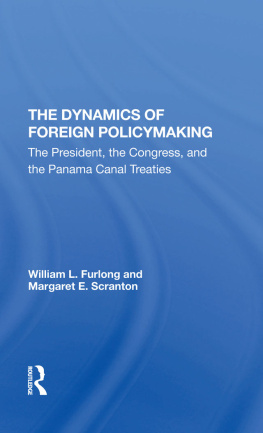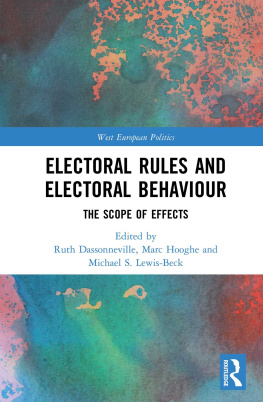REGIONAL DYNAMICS
REGIONAL
DYNAMICS
The Basis of Electoral Support
in Britain
WILLIAM H. FIELD
Georgian Court College, Lakewood NJ, USA
LONDON AND NEW YORK
First Published in 1997 in Great Britain by
Routledge
2 Park Square, Milton Park,
Abingdon, Oxon, OX14 4RN
270 Madison Ave,
New York NY 10016
Transferred to Digital Printing 2007
Website: http://www.routledge.com
Copyright 1997 William H. Field
British Library Cataloguing in Publication Data
Field, William H.
Regional dynamics : the basis of electoral support in Britain
1. Voting research Great Britain History 20th century
2. Great Britain Politics and government 20th century I. Title
324.94108
ISBN 0-7146-4782-9 (cloth)
ISBN 0-7146-4336-X (paper)
Library of Congress Cataloging-in-Publication Data
Field, William H.
Regional dynamics : the basis of electoral support in Britain / William H. Field.
p. cm.
Includes bibliographical references and index.
ISBN 0-7146-4782-9. ISBN 0-7146-4336-X (pbk)
1. Great BritainEconomic conditionsRegional disparities.
2. Great BritainEconomic conditions1945-1993. 3. Great BritainPolitics and government1979 4. ElectionsGreat Britain.
5. Dependency. I. Title.
HC256.6.F54 1997
330.941-dc21
97-1303
CIP
All rights reserved. No part of this publication may be reproduced in any form or by any means, electronic, mechanical, photocopying, recording or otherwise, without the prior permission of Routledge
Publisher's Note
The publisher has gone to great lengths to ensure the quality of this reprint but points out that some imperfections in the original may be apparent
Contents
Tables
Figures
Foreword
by Vernon Bogdanor
(Professor of Government, Oxford University)
T HIS IS a pioneering book. Many have noticed the north-south divide in British politics: indeed they have built their academic reputations on seeking to explain it. William Field, however, is the first to notice that this divide marks the resurgence of a core-periphery cleavage which was also dominant in British politics in the years before 1914. He shows how astonishingly similar the geographical pattern of the vote was in the general election of 1987 to that in the two general elections of 1910, the last before the outbreak of the First World War. Many of the same constitional issues -devolution and reform of the second chamber were coming to the fore then as now, symbolic perhaps of the desire of the periphery to attain equality with the core.
Thirty years ago, S. M. Lipset and Stein Rokkan identified the stability of voting patterns as characteristic of the advanced industrial societies of Western Europe. William Field is the first to apply the Lipset/Rokkan model to British politics in detail, and the first also to notice and analyse the profound historicity of voting patterns in Britain. This historicity itself gives rise to fascinating questions. Are we now seeing the resurgence of a pattern which, from the end of the First World War to the 1980s, was submerged by the politics of class? Is the decline of class leading to the resurrection of older cleavages and if so what are the consequences for British politics? Was Thatcherism, so dominant in British politics in the 1980s, more a consequence of profound social and geographical changes than a cause, and were these changes not laying the ground for a new individualism, strong in the dominant core but weak in the periphery?
Fundamental questions arise, in particular, for the parties of the Left. The stronghold of the parties has always lain in the periphery, and this is a large part of the explanation of why they have so often been in opposition. Before the First World War, however, the Liberals and the young Labour Party succeeded in breaking the grip of Conservative dominance by means of an electoral pact the Gladstone-MacDonald pact of 1903. Indeed, by the time of the two elections of 1910, such was the strength of co-operation between the two parties of the Left that there could be said to be a Progressive hegemony in British politics. The years before the First World War were in fact far more likely to herald the strange death of Conservative than of Liberal England. During the 1980s, by contrast, and indeed, until 1997, the politics of the Left was marked by division rather than co-operation, although there are signs that this period of division may be coming to an end.
I never make predictions, film producer Sam Goldwyn once said, especially about the future. William Field is no more able than any other student of politics to predict the future. What he can do, however, is to make sense of the past. The central message of his book is that we must peer much further back into the past if we are fully to understand British electoral behaviour. Field brings to his analysis a deep knowledge and understanding of statistics and a rigour not always found in historical analysis. It is not surprising that the thesis on which Regional Dynamics is based was awarded the Samuel H. Beer Dissertation Prize by the British Politics Group of the American Political Science Association for the best thesis on British politics produced in 1995.
Historians, Benedetto Croce once said, imagine the past and remember the future. In analysing the past, William Field offers us a key to the future. Indeed time future, as T. S. Eliot noticed, is itself contained in time past. It is precisely because it succeeds in making sense of the past that Regional Dynamics offers us the best guide we are likely to have as to what the future will be like.
Acknowledgments
V ERNON BOGDANOR asked me an interesting question when I was a visiting student at Nuffield College in 1991. He was curious about whether the expanding north-south divide could be seen as the result of a weakening of the class cleavage and the re-emergence of older core-periphery differences. The initial answer was published in Electoral Studies in 1993; this work represents a much more complete answer. The search took me through lengthy volumes of British history, eyestrain from staring at a computer, several transatlantic journeys, and occasional bouts of disbelief that the question had any answer at all.
That I did find an answer is due in no small part to Vernon's encouragement. Thanks are also due to Pippa Norris, with whom I had frequent discussions, and who read every chapter more times than she would care to admit. Among other individuals who have provided assistance or support Sid Milkis, Spencer Wellhofer, Jim Hollifield, Jim Alt, David Butler, Dan Tichenor, and Steven Burg deserve accolades for their critical interventions at decisive points. The members of the British Politics Seminar at Harvard University's Center for European Studies offered helpful advice at an early stage of this investigation. While all the people I have mentioned influenced the outcome of this project, I alone bear responsibility for any errors.
A large amount of data was evaluated in preparing this work. Along with the ESRC, who granted access to data held in their archive, Ken Wald gave me access to his records while David Paul of the Government Documents Division of the Harvard University Library System was extremely diligent in tracking down unusual sources. Pippa Norris and Joni Lovenduski provided me with a copy of the British Candidate Study. John Yeboah, of Clark University, spent more time than he had available developing the map outlines for the pre-1974 county boundaries. I am grateful to Brandeis University and Nuffield College, Oxford, for shelter during research and writing. Finally, while I mention her last, Susan Field provided more support and critical analysis than everyone else combined. With apologies for my mood swings and gratitude for their love, I would like to dedicate this volume to her and our two children.












